SYNAPSES Evaluated Resources
On this page you can find all resources that have been identified and evaluated by the SYNAPSES consortium. Are you looking for resources specifically for you? Use the filtering system on the left.
For a description of the Aims and Learning Outomes (LO) refer to this page.
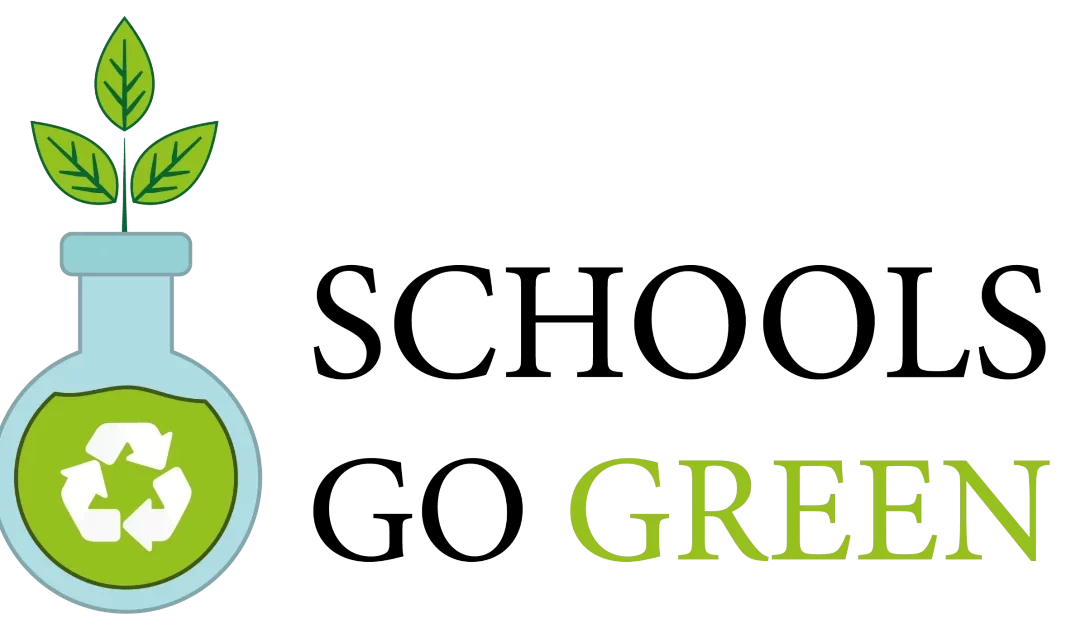
Schools go Green
This educational material consists of a multimedia Eco-Glossary based on small stories accompanied by a set of e-learning materials using audio-visual tools, like presentations for students, teacher handbooks and lesson plans. The learning material follows the whole school approach as it involves teachers, teacher educators, school leaders and researchers.
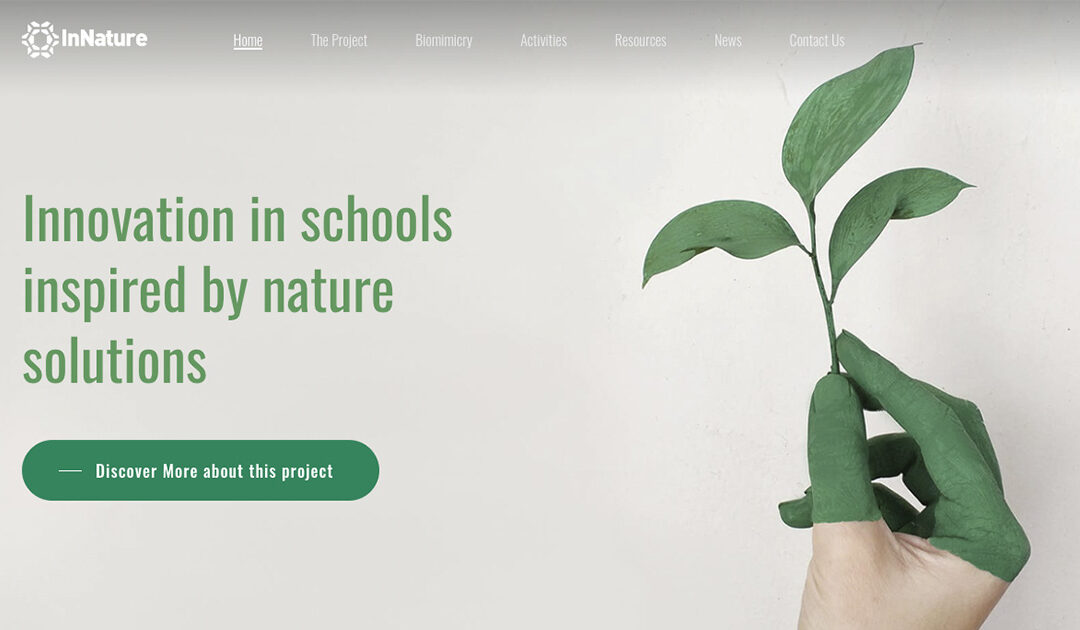
InNature
The InNature Project promotes biomimicry awareness and skills in schools, offering two toolboxes: the “Biomimicry Challenge” with lesson plans, and “Biomimicry 3.8” for workshops. Resources include teacher training, a toolkit, good practices catalog, and a 3-day “InNature Fair.” Materials are accessible online in multiple languages.
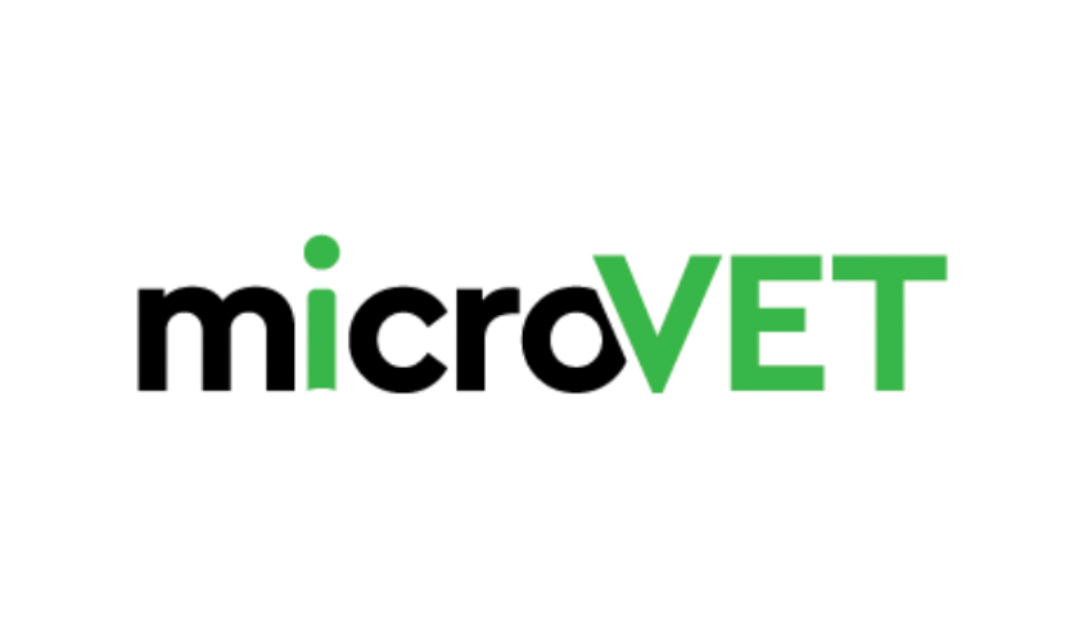
Inclusive science education and art
This resource links to a micro-credential course on inclusive science education and art through the Open-Ended scenario Framework.
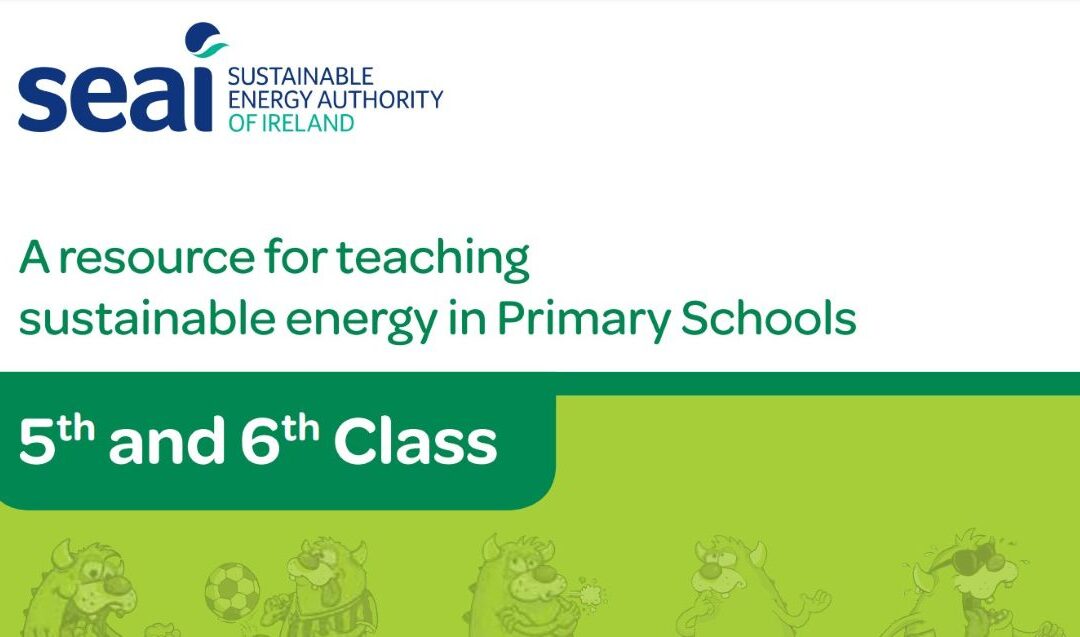
Teaching Sustainable Energy in Primary Schools
This resource is part of a series that integrates sustainable energy into the Primary School Science Curriculum and the Green Schools programme. Students can explore real-world energy needs and the importance of developing new solutions at every class level in a whole school approach.
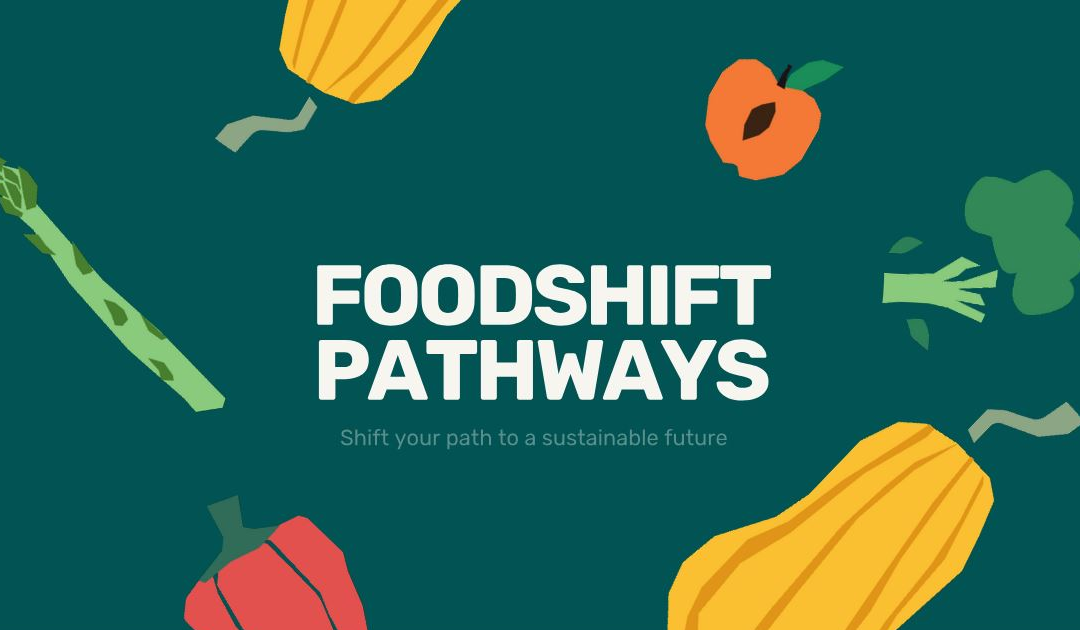
FoodShift Pathways: Open Learning Scenarios
Open Learning Scenarios (OLS) empower teachers to address food system sustainability by placing students at the center of learning. Using open schooling and living-lab methodologies, students collaborate with societal actors to co-create solutions for real-life community challenges. The resource includes 60 scenarios and 6 ready-to-use videos.
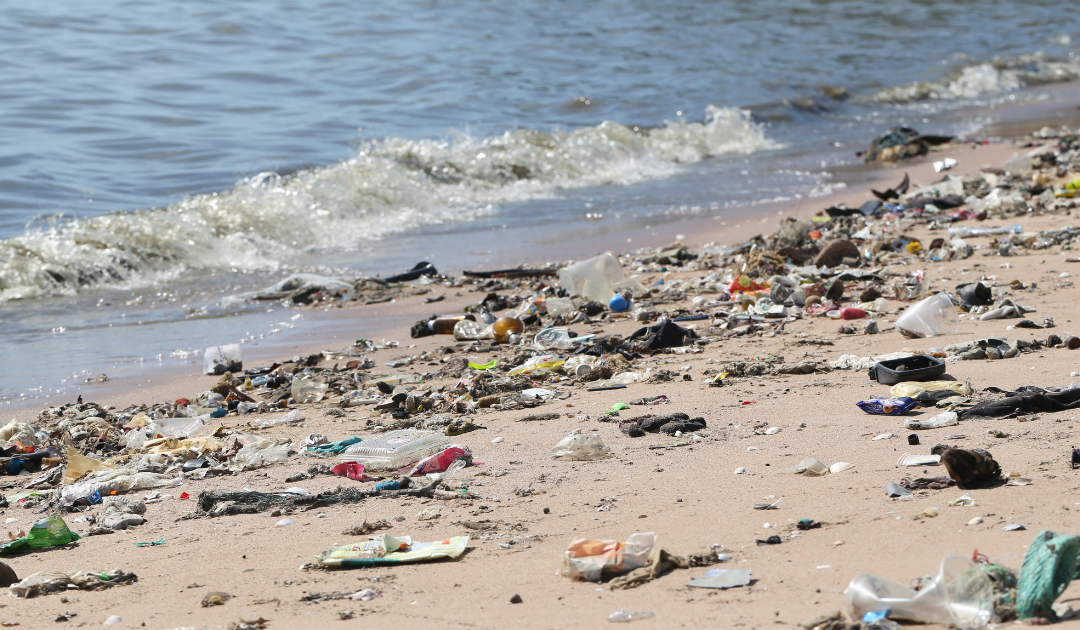
Marine Litter: “Searching for the usual suspects …at my beach”
Within this resource, students will address the marine litter problem by exploring sustainable consumption, waste management, and its impact on marine ecosystems. Collaborating across different islands, they will develop solutions to raise community awareness and implement measures to effectively tackle marine litter, enhancing environmental stewardship and protecting marine health.
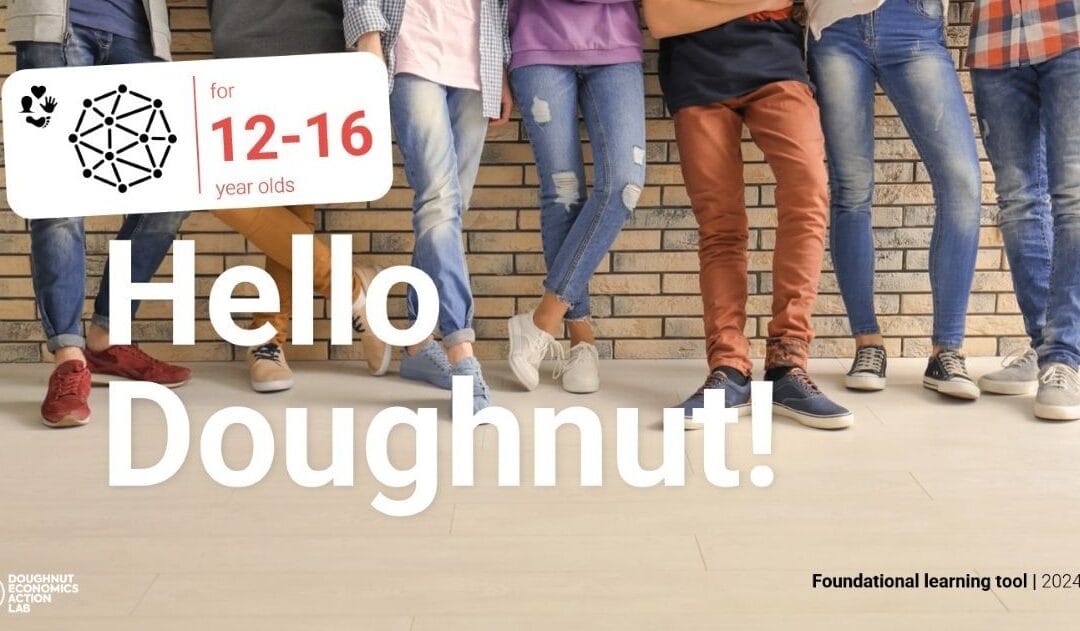
Hello Doughnut
‘Hello Doughnut’ is a comprehensive series of resources for educators to help bring the foundational ideas, practices, and principles of Doughnut Economics into learning spaces. It pays attention to the cognitive, affective and psychomotor domains of learning in local contextualised learning environments.
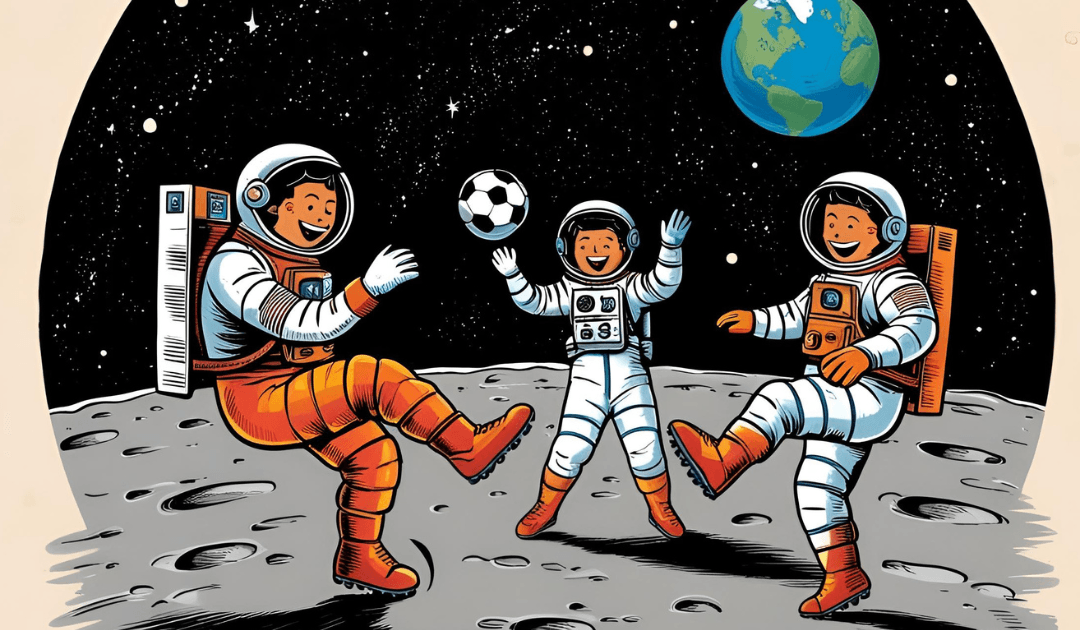
Astronomy and Football
This resource engages students in understanding planetary distances and scaling by using a football field as a model for the Solar System. Through hands-on calculations and visual representation, students explore astronomy, STEM concepts, and scientific modeling in an interactive and engaging way.
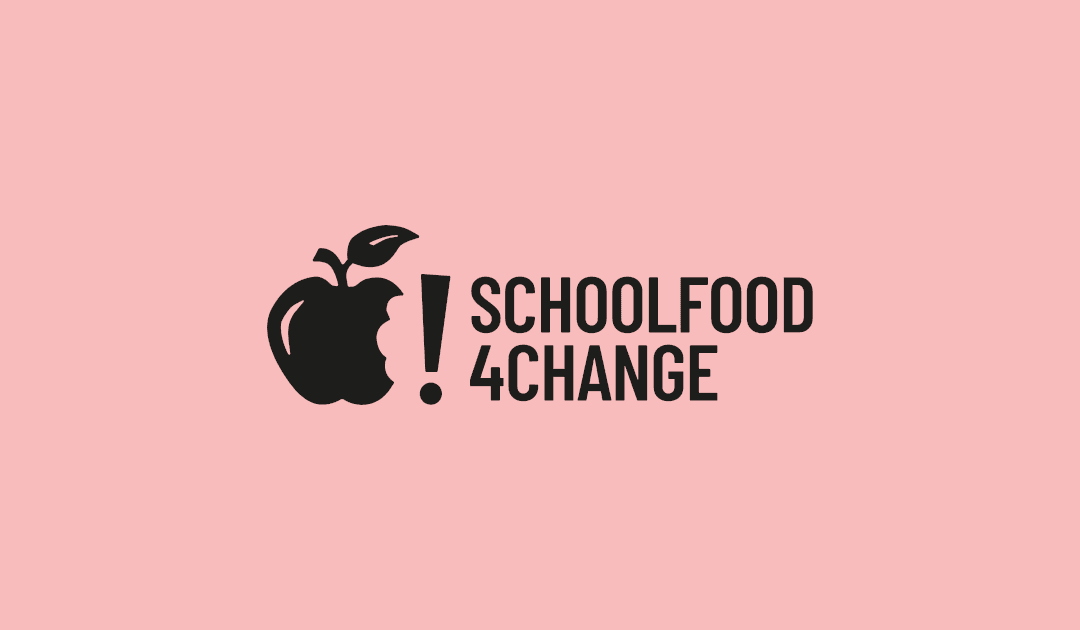
Inspiring Whole School Food Approach Across Europe
The Whole School Food Approach aims to transform schools across Europe by reshaping students’ relationship with food. It goes beyond healthier meals, helping students understand where food comes from, how it’s produced, and its importance for their health and the planet.
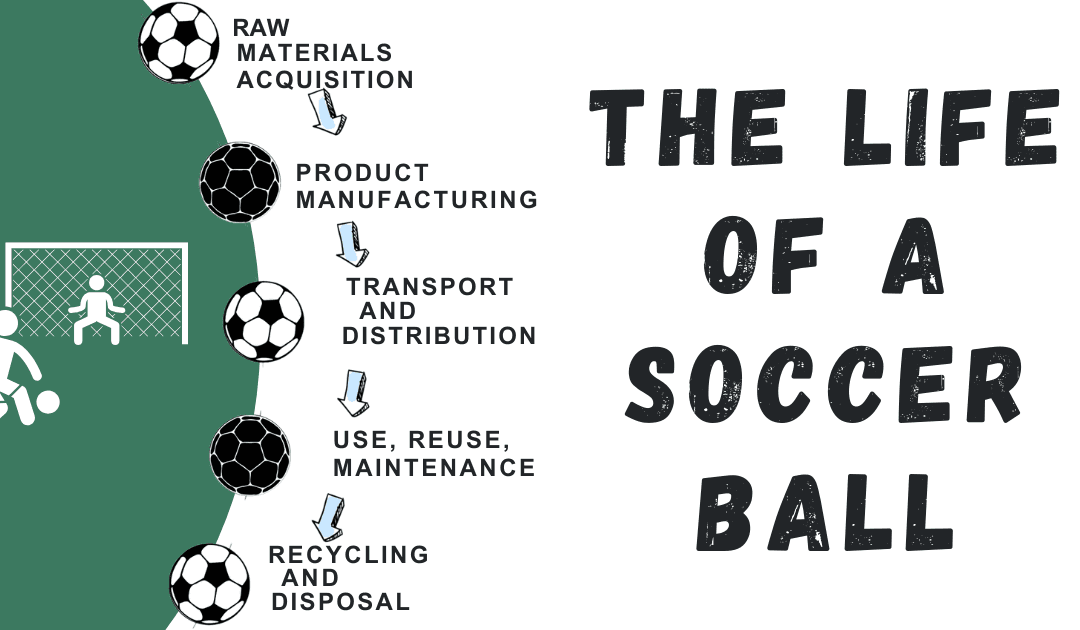
The Life of a Soccer Ball
This EPA document traces the lifecycle of a soccer ball, from material extraction to disposal, highlighting environmental impacts and promoting sustainable practices among students.
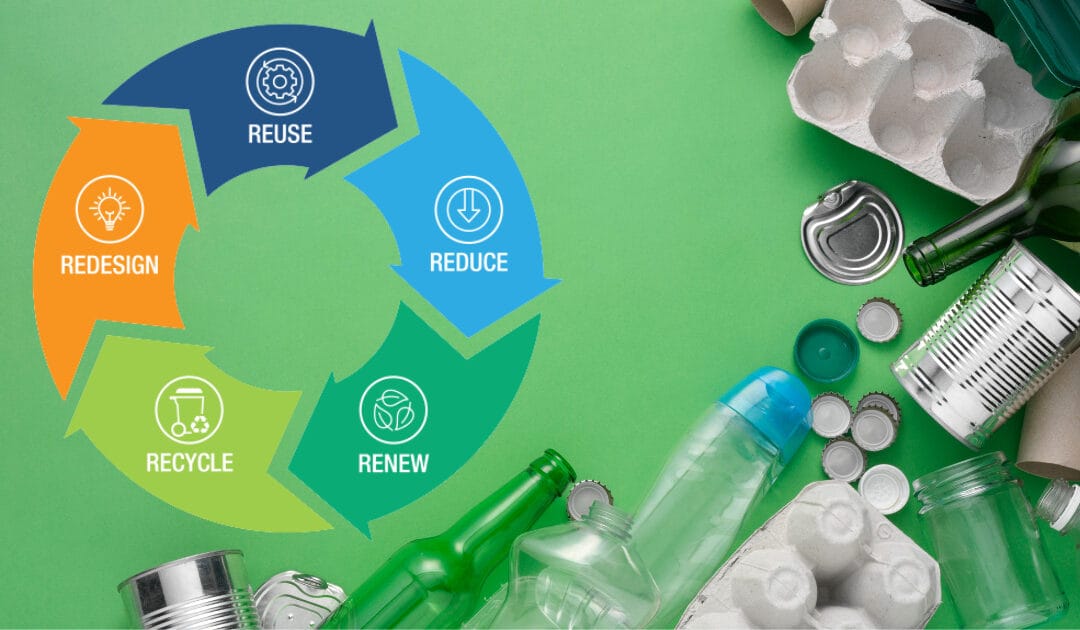
Lesson Plans on Refuse, Reduce, Reuse, Recycle, and Repair
A collection of lesson plans designed to educate students aged 6-8 on the principles of Refuse, Reduce, Reuse, Recycle, and Repair, promoting responsible waste management and environmental stewardship.
Building Claims from Evidence
This lesson engages students in constructing explanations and arguments based on evidence. Through analyzing photographs and participating in discussions, students practice making claims, supporting them with evidence, and applying scientific reasoning to connect evidence to their claims.
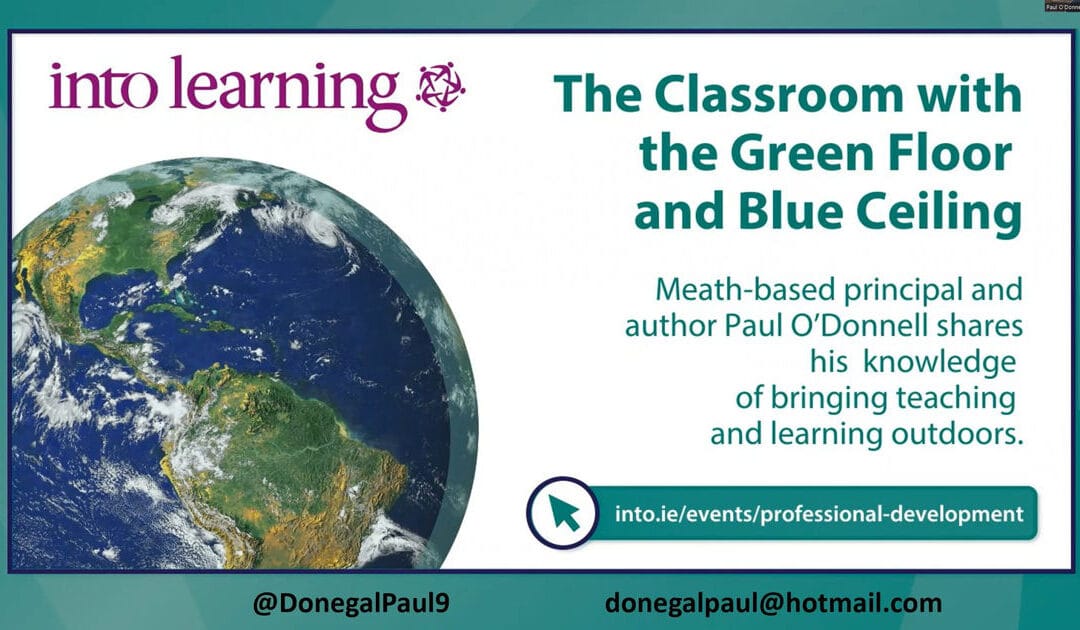
The Classroom with the Green Floor and the Blue Ceiling
This recorded webinar from the Irish National Teachers Organisation Learning series provides practical advice to teachers on how to bring teaching and learning outdoors. The webinar is hosted by a primary school Principal, Paul O’Donnel, who shares his passion and experience of teaching in the outdoors.
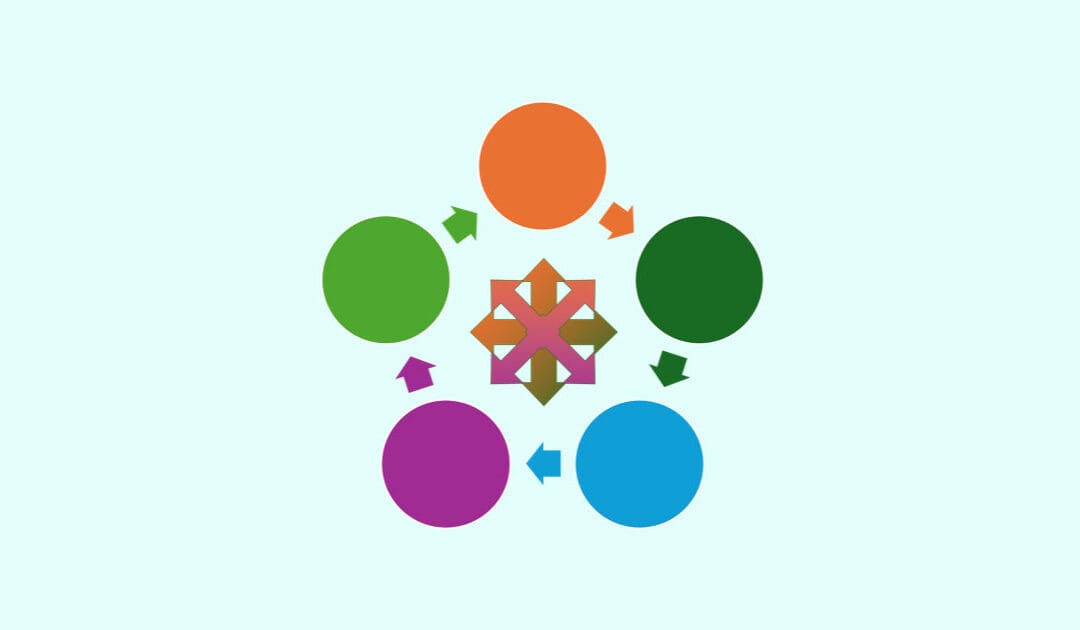
Online self-study courses ESD methods: Station Learning
The document provides a comprehensive guide on Station Learning, outlining its pedagogical background, implementation process, and benefits for education. It explains how teachers can design, prepare, and assess station-based lessons while fostering self-directed, experiential, and competency-based learning. The method promotes engagement, differentiation, and interdisciplinary teaching, making it ideal for modern classrooms.
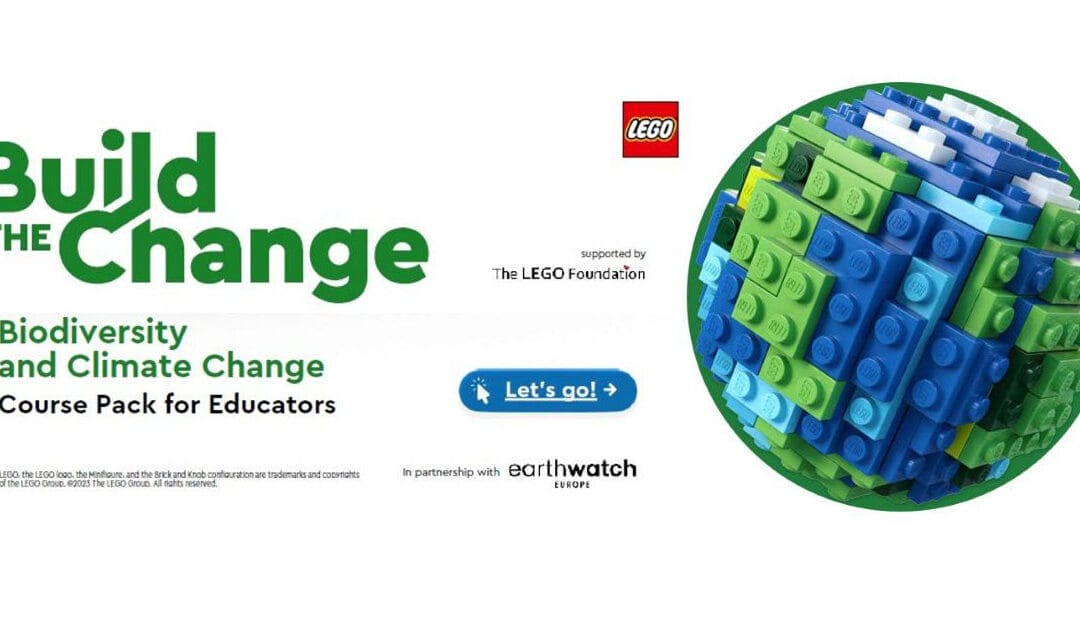
Build the Change: Biodiversity and Climate Change
Biodiversity and Climate Change is a Build the Change course from the LEGO Group and Earthwatch Europe. Lesson plans include materials for five 45-minute ‘Learning Through Play’ sessions plus a “Showcase Day” show-and-tell event to share the creations and ideas from your young learners.
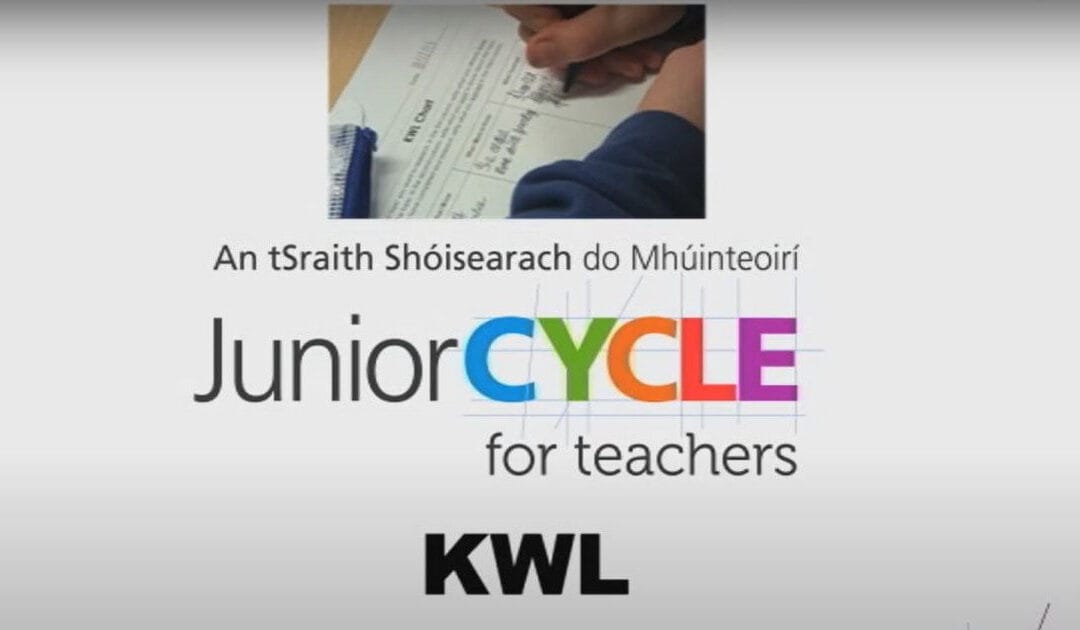
KWL Chart – Active Methodology
This active teaching method allows students to express what they Know (K), Want to Know (W) and what they have Learned (L) from a lesson. By being aware of students’ interests and prior knowledge, the teacher can create projects and assignments that are both challenging and enjoyable for the students.
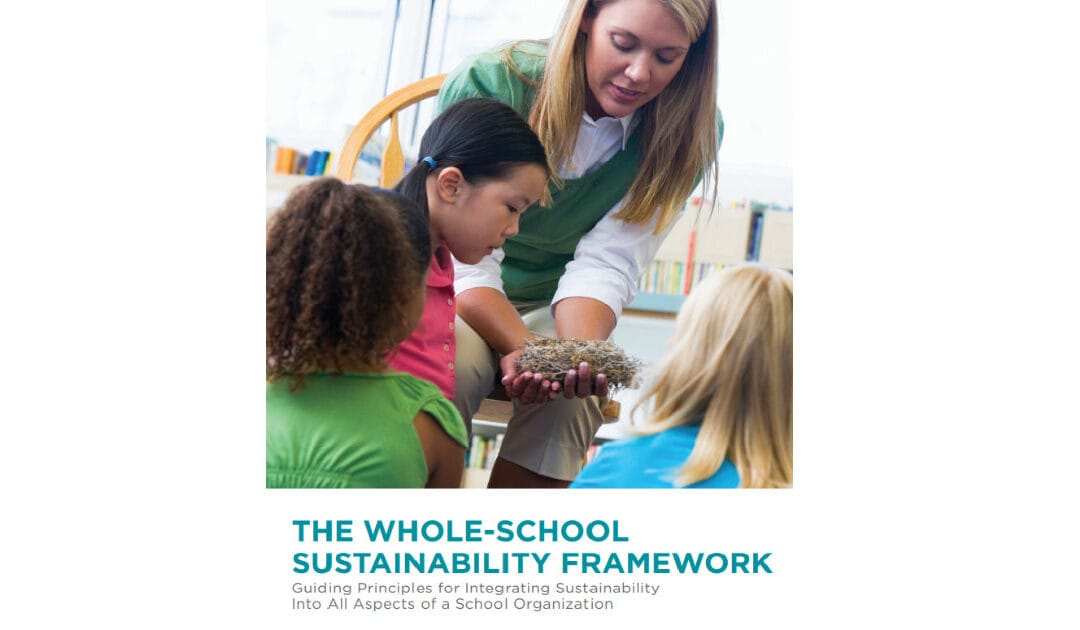
Whole-School Sustainability Framework
This is a framework for embedding sustainability throughout school operations, teaching, and culture. It outlines a vision for whole-school transformation through leadership, systems thinking and shared values.
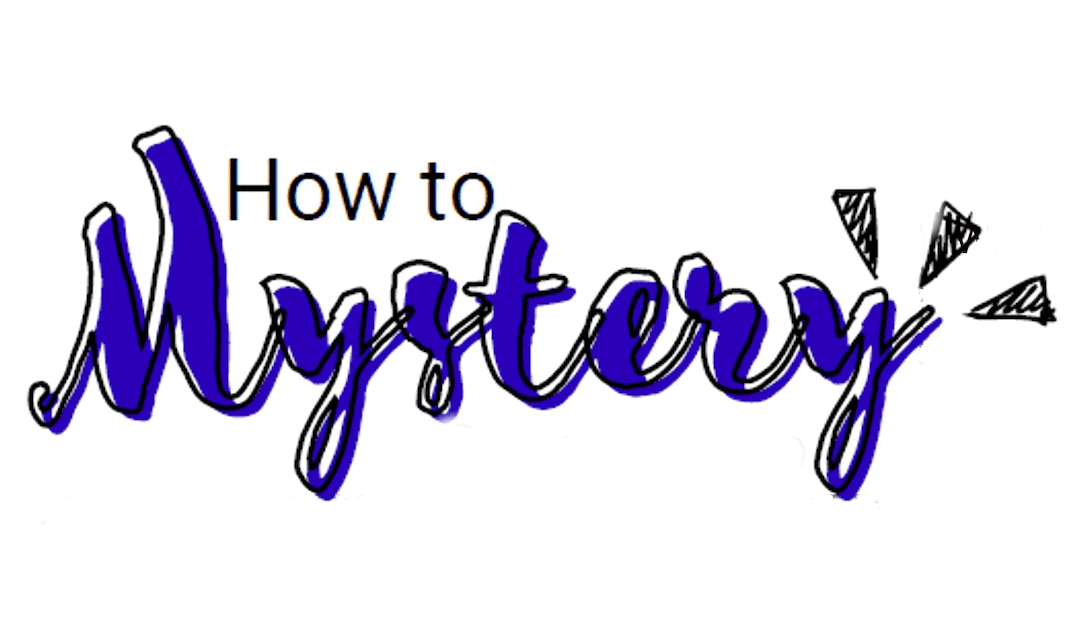
How to Mystery
The resource explains how to design and implement a Mystery Game as an educational tool to promote critical thinking, problem-solving, and teamwork. It outlines the process, from creating a thought-provoking scenario to group discussions and reflection. The guide emphasizes open-ended exploration, student-driven learning, and adaptable difficulty levels.

